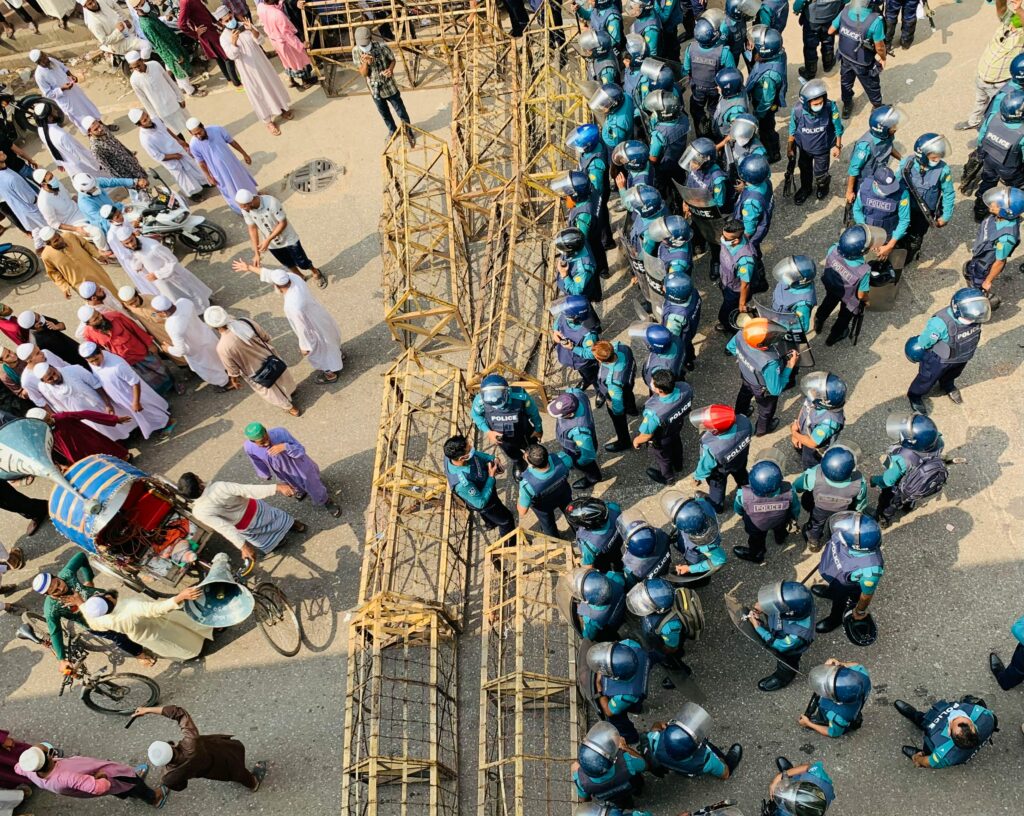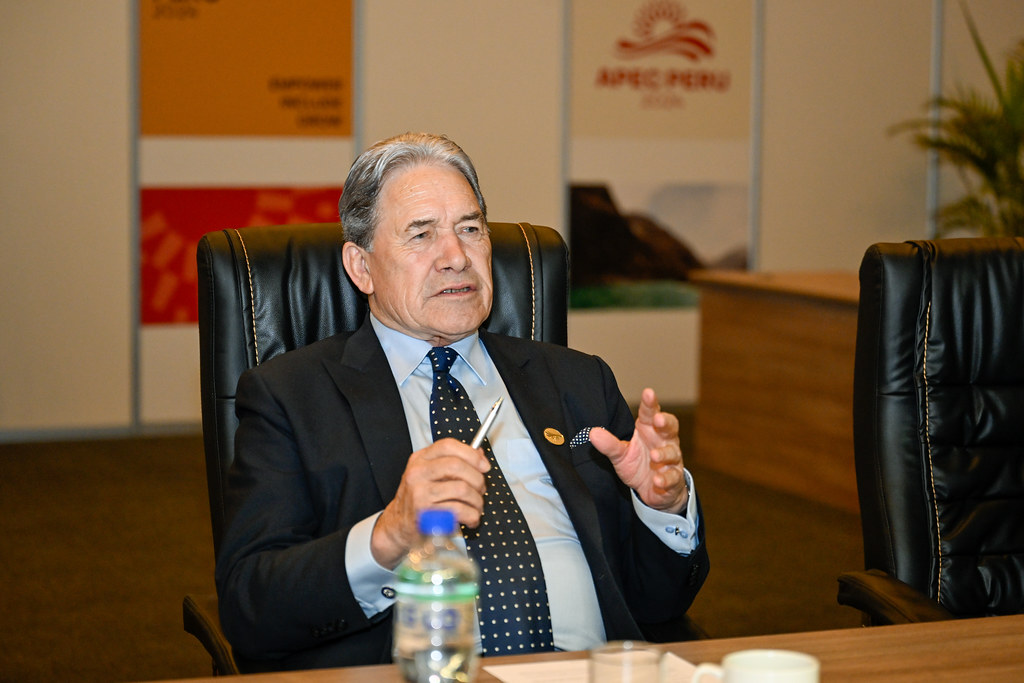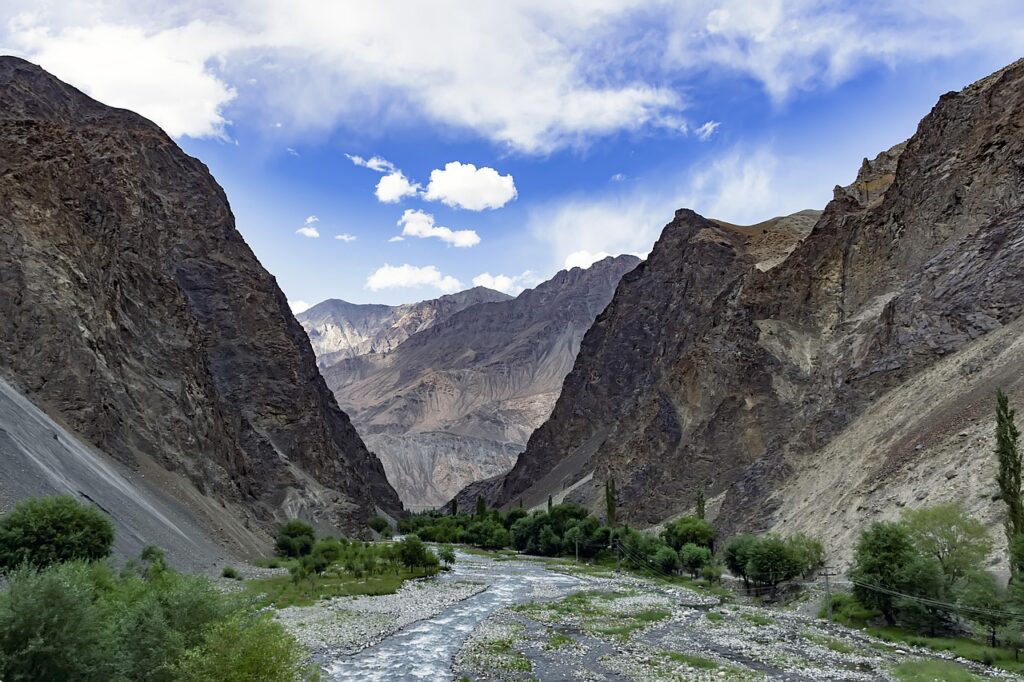In Bangladesh, Nahid Islam, the leader of the National Citizen Party (NCP), has expressed deep concerns regarding the potential for a military-backed government to take control following the recent political upheaval. This warning comes after the ousting of former Prime Minister Sheikh Hasina, which ended her 15-year tenure marked by strict governance.
Islam, whose party includes numerous student activists who played a crucial role in the uprising, fears that the gains made during this period may be jeopardized by a shift toward anti-democratic rule. He highlighted the importance of maintaining a democratic framework to ensure the progress achieved by the youth-led protests is not reversed.
Currently, Muhammad Yunus, the renowned Nobel Peace Prize laureate, is overseeing a caretaker government until new elections can be organized. Yunus has called upon competing political factions to unite in support of his administration, emphasizing the need for collaboration in these turbulent times.
The military’s historical influence in Bangladesh politics cannot be overlooked, as past coups have shaped the nation’s governance. Islam noted the disturbing parallels to January 11, 2007, when a state of emergency led to a prolonged military-backed regime, warning that similar conditions could resurface.
As tensions escalate, rival political parties have engaged in protests, each presenting their demands for the future governance of the country. General Wakeruz Zaman, the army chief, has indicated that elections should ideally take place by December, aligning with the expectations of the opposition Bangladesh Nationalist Party (BNP).
Islam cautioned that while the military plays a vital role in ensuring national security, it must remain distanced from political machinations. “The military should focus on security rather than political interference,” he stated.
Yunus has suggested that elections could be scheduled for December, but he indicated that extending this timeline to June 2026 might be necessary to facilitate crucial democratic reforms. Islam reiterated the need for these reforms, which were the catalyst for last year’s protests, but expressed concerns over Yunus’s ability to fulfill public expectations under current pressures.
“He was expected to initiate significant changes, including trials and reforms, leading to a peaceful transfer of power. However, he feels constrained in his capacity to meet these demands,” Islam remarked.
As the political landscape evolves in Bangladesh, there remains a palpable anxiety among citizens regarding the possibility of constrained electoral freedoms in the upcoming elections.



